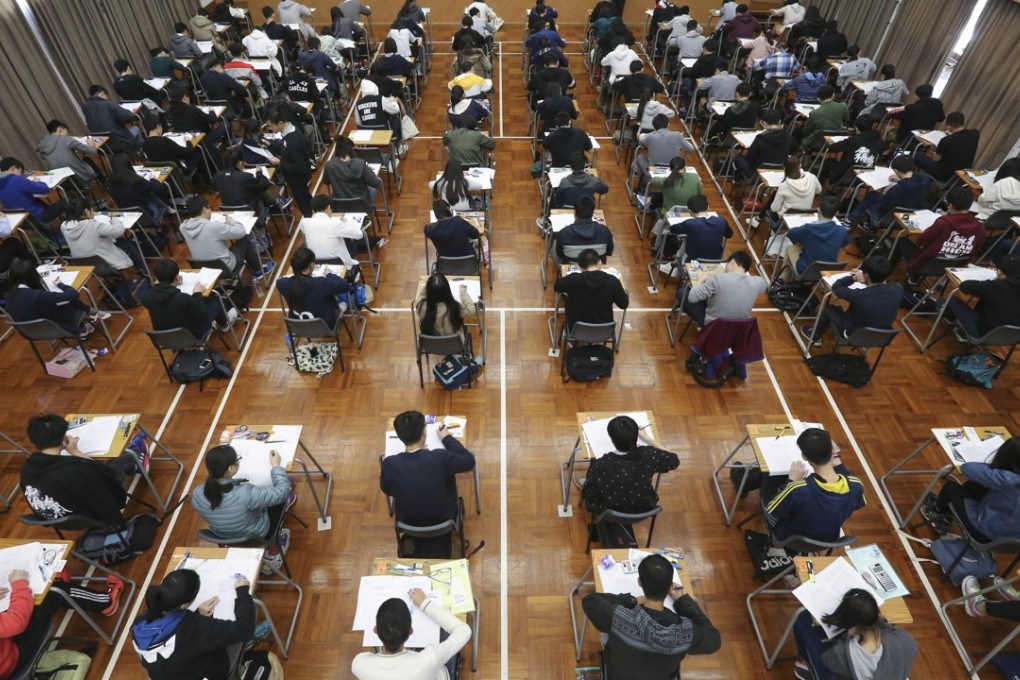
Schools should do more to spot troubled teens
Studies have shown that many Hong Kong youngsters tend to have a negative attitude towards their studies. From what I have witnessed, this would appear to be true.
The problems start at junior secondary level when you are faced with a heavy workload, including homework, extracurricular activities and tutorial classes, which often leave you exhausted. Some pupils may be able to cope with the pressure, but others cannot.
Schools need to try harder to spot those who are struggling with their workload, so that they can be given the help they need.
It is important to keep the lines of communication open. When youngsters bottle up their feelings of anxiety and do not feel comfortable sharing them with someone, things get worse and some take their own lives.
If they can share these feelings and be helped to develop positive attitudes, it can make a real difference and they will grow in self-confidence.
Youngsters need to learn to not become obsessed with their studies and understand that there is more to life than good exam results.